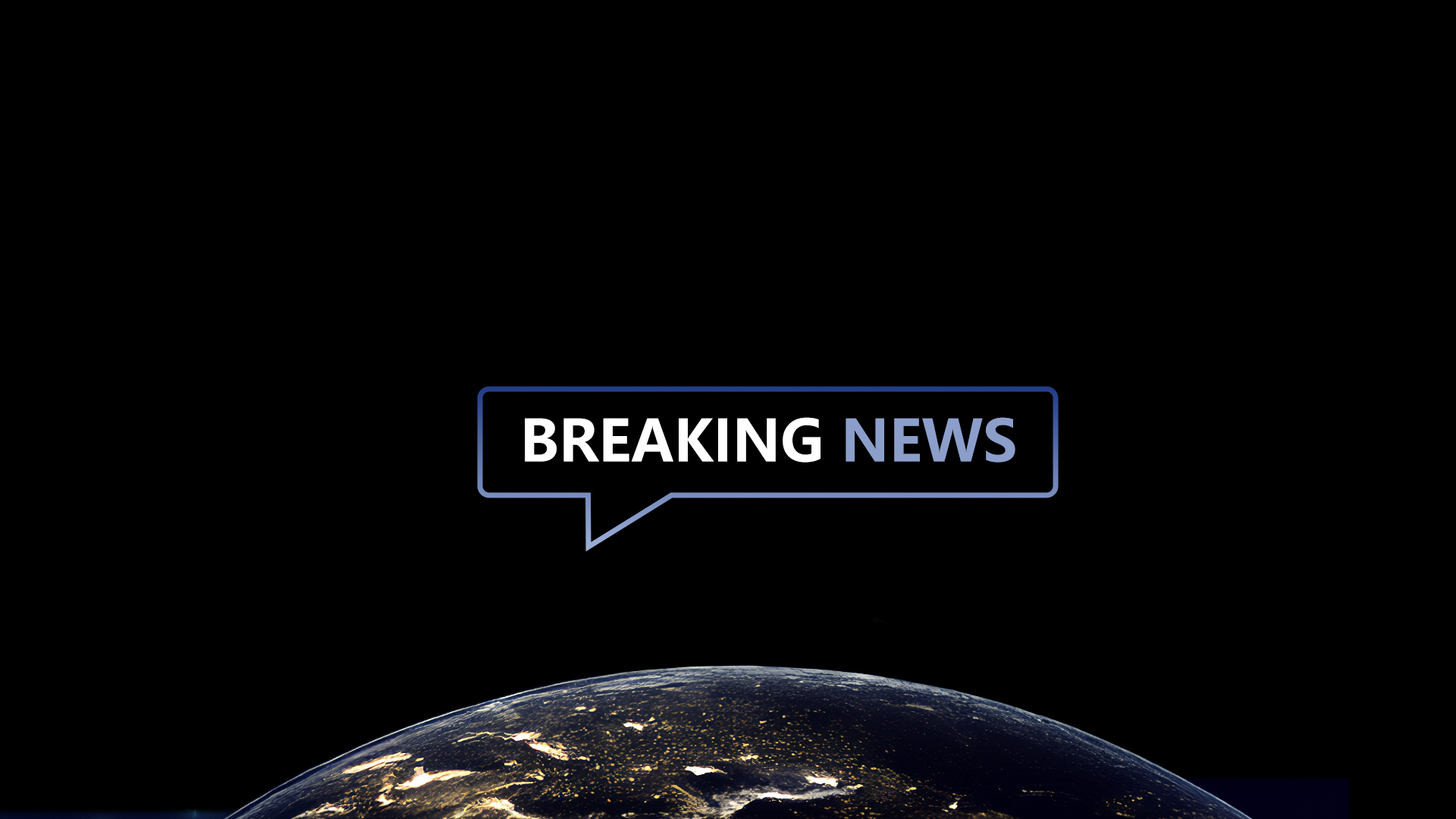25
2023-08
The Hong Kong Polytechnic University: PolyU receives staunch support from HKATG to advance satellite technologies for navigation and communication
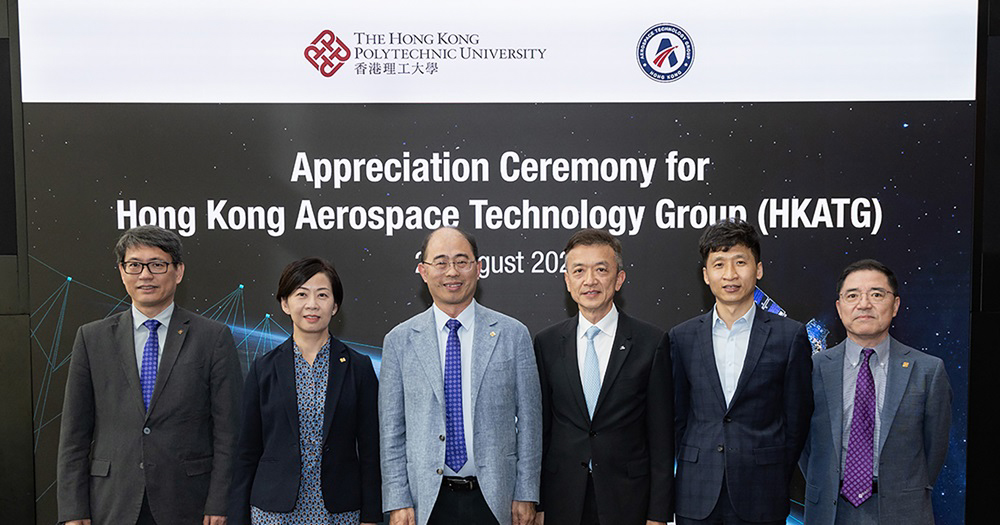
To thank HKATG for their support, PolyU held an appreciation ceremony, attended by Prof. Wing-tak Wong, Deputy President and Provost, PolyU (3rd from left); Dr Daniel Yip, Non-executive Director, HKATG (3rd from right); Dr Miranda Lou, Executive Vice President (2nd from left); Dr Michael Hu, Vice President and Technology Strategy Director, HKATG (2nd from right); Prof. Christopher Chao, Vice President (Research and Innovation) (1st from left); Prof. Dong Cheng, Associate Vice President (Mainland Research Advancement) (1st from right).
The Hong Kong Polytechnic University (PolyU) and the Hong Kong Aerospace Technology Group (HKATG) signed a Memorandum of Understanding last month to explore opportunities for collaboration in satellite navigation and communication, satellite remote sensing, payload development and strengthening exchanges among industry, academia and research sectors. Under this collaborative framework, and to promote the development of advanced concepts and technologies such as smart cities and urban air mobility, HKATG will provide PolyU with conventional optical remote sensing and synthetic aperture radar observation data in Hong Kong and the Greater Bay Area. It will also provide low-Earth orbit satellite payload space, payload testing, and low-Earth orbit satellite measurement and control services for research and education purposes. In addition, HKATG has generously donated to PolyU the naming rights of a multispectral optical remote sensing satellite, which is expected to launch in 2024. The total estimated value of this in-kind donation is HK$20 million (including data and equipment).
To express its sincere gratitude for HKATG's generous support, PolyU held an appreciation ceremony yesterday (23 August), attended by Prof. Wing-tak WONG, Deputy President and Provost; Dr Miranda LOU, Executive Vice President; Prof. Christopher CHAO, Vice President (Research and Innovation); Prof. DONG Cheng, Associate Vice President (Mainland Research Advancement); Dr Daniel YIP, Non-executive Director, HKATG; Dr Michael HU, Vice President and Technology Strategy Director, HKATG; and interdisciplinary experts from PolyU's Department of Land Surveying and Geo-Informatics and Department of Aeronautical and Aviation Engineering. These experts specialise in areas relating to satellite applications, control, analysis of remote sensing data, big data and artificial intelligence analysis.
Dr Miranda Lou, Executive Vice President said, "As the only university in Hong Kong that has taken part in the Nation's space missions, PolyU has extensive experience in technological research and development in aerospace technology and satellite navigation. Today's Ceremony demonstrates the robust partnership between PolyU and HKATG, driven by our shared commitment to making a positive impact on society. HKATG's generosity will undoubtedly empower our faculty members to further strive for excellence in education and research, nurture future aerospace-related professionals, address societal needs through research innovation, and contribute to the Nation."
Dr Daniel Yip said, "HKATG is pleased to partner with PolyU. Our collaboration will help nurture future talent for the development of new industries and the advancement of aerospace technology in Hong Kong. The Group looks forward to long-standing cooperation with PolyU. Leveraging the University's extensive pool of research experts and training resources, we will continue to strengthen the talent supply chain and improve product design and quality. This will help power the transformation and upgrading of Hong Kong's future industries."
To promote the development of smart cities, PolyU has been committed to remote sensing-related research for many years. High-resolution optical satellites can assist remote sensing research projects related to multispectral features including carbon neutrality research, tree health monitoring, land cover classification, marine water quality monitoring and research on urban surface characteristics.
The multispectral optical satellite, expected to be launched next year, will be able to provide more frequent and higher resolution satellite data, promoting research and environment-related applications. PolyU researchers will explore using the Golden Bauhinia Constellation low-orbit satellites to enhance navigation services and carry developed navigation payloads in future low-orbit satellites.
-
29
2025-05
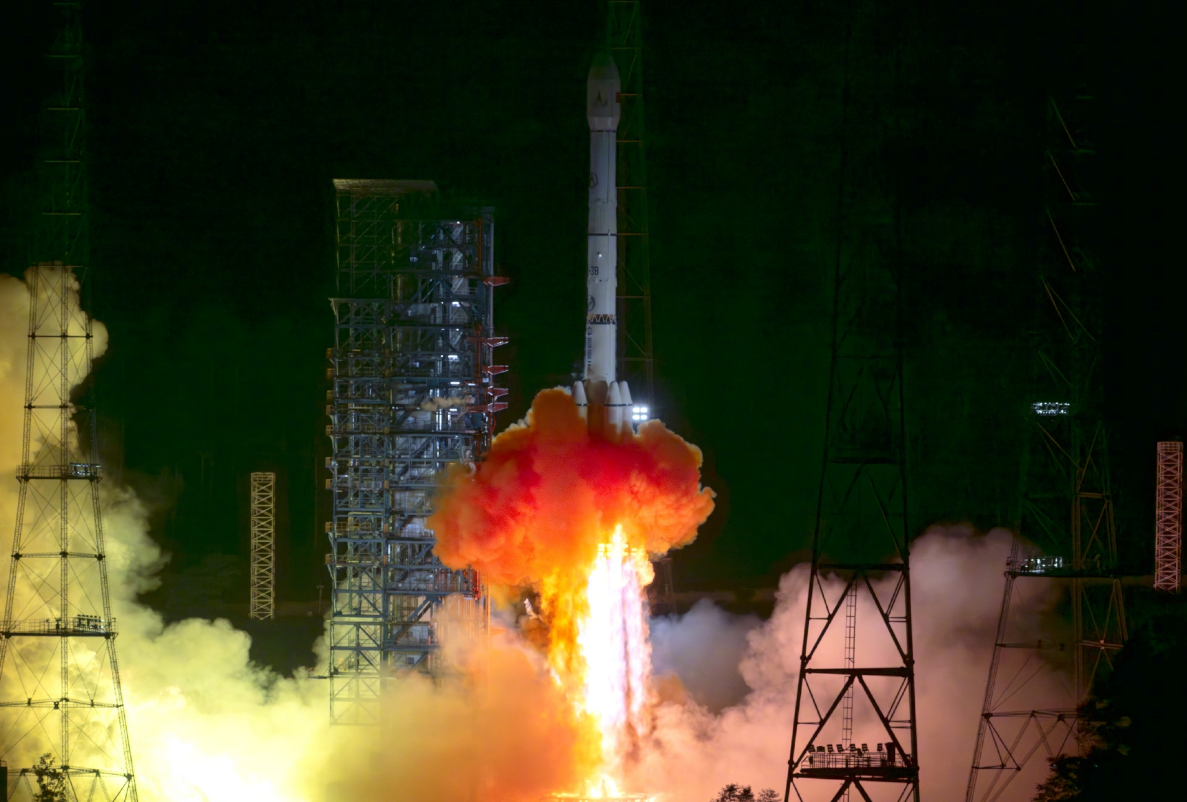
Tianwen-2 Mission Launched Successfully
At 1:31 AM today, China successfully launched the Tianwen-2 planetary exploration probe from the Xichang Satellite Launch Center using the Long March-3B Y110 carrier rocket.
-
13
2025-05
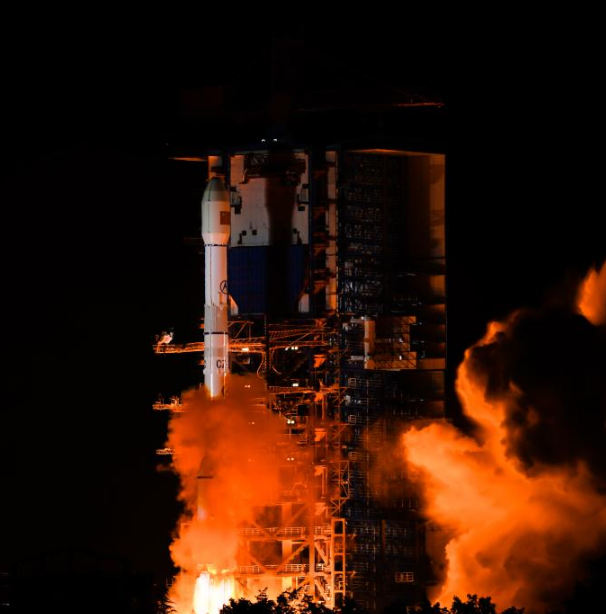
Communication Technology Experiment Satellite No. 19 Successfully Launched
At 2:09 on May 13, China successfully launched the Communication Technology Experiment Satellite No. 19 from the Xichang Satellite Launch Center using a Long March 3B carrier rocket. The satellite smoothly entered its predetermined orbit, and the launch mission was a complete success.
-
12
2025-05
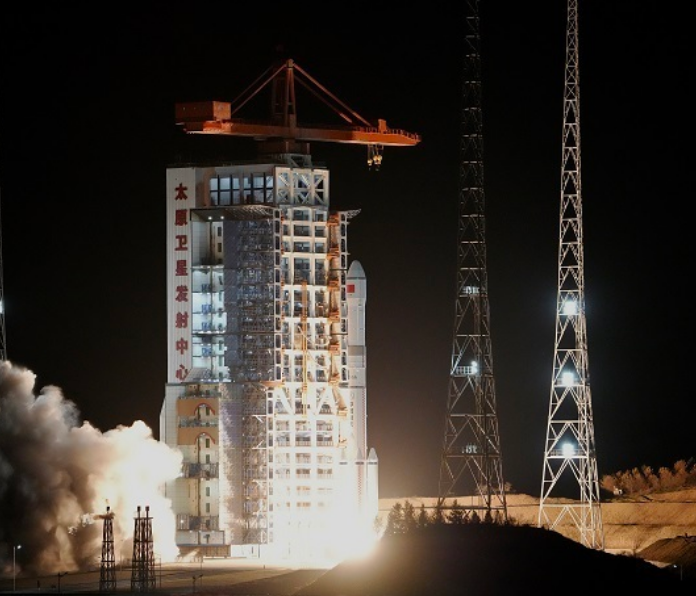
Remote Sensing Satellite No. 40, Group 02, Successfully Launched
On May 11 at 21:27, China successfully launched the Remote Sensing Satellite No. 40, Group 02, from the Taiyuan Satellite Launch Center using a Long March 6A carrier rocket. The satellite entered its predetermined orbit smoothly, and the launch mission was a complete success.

